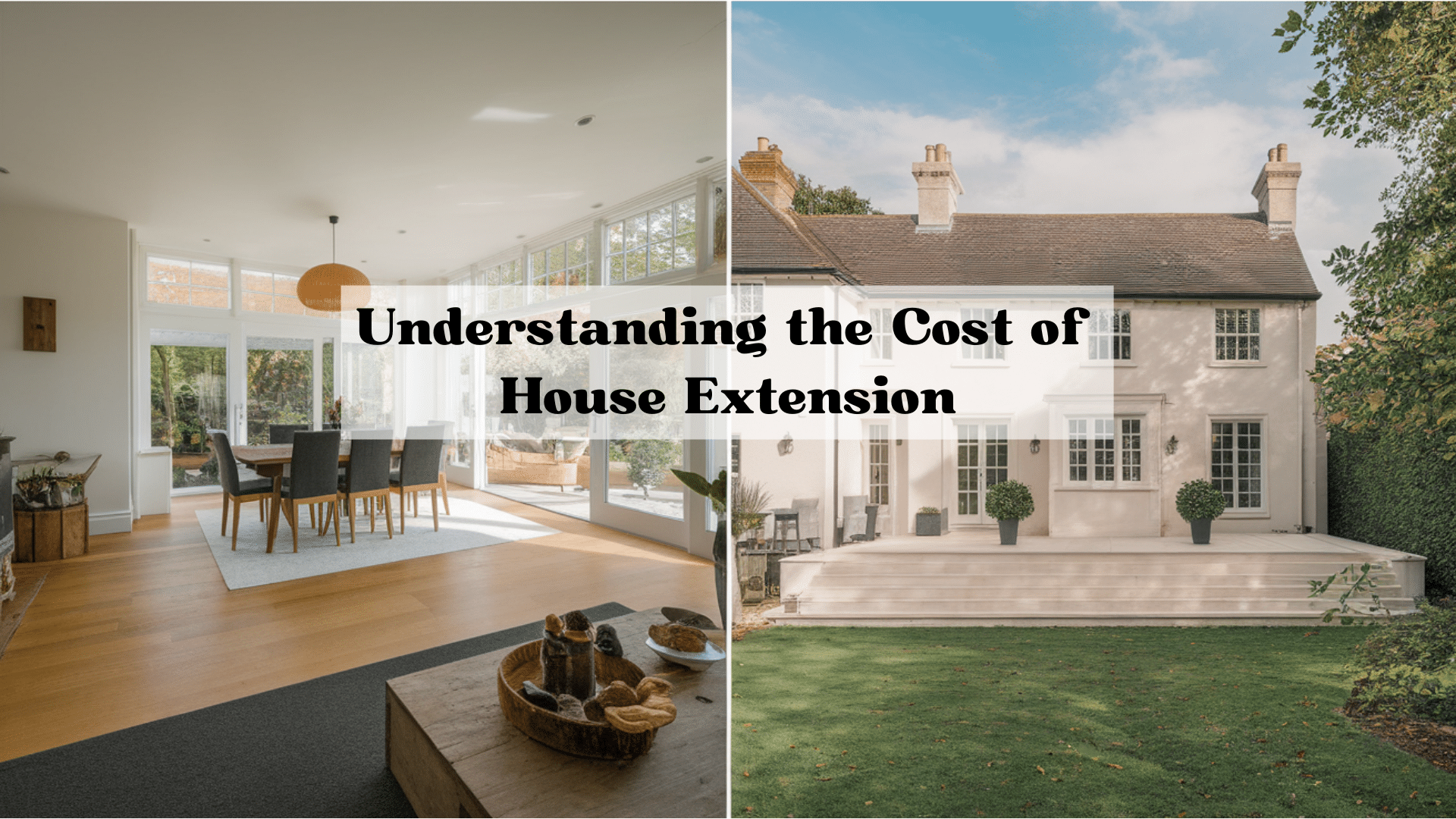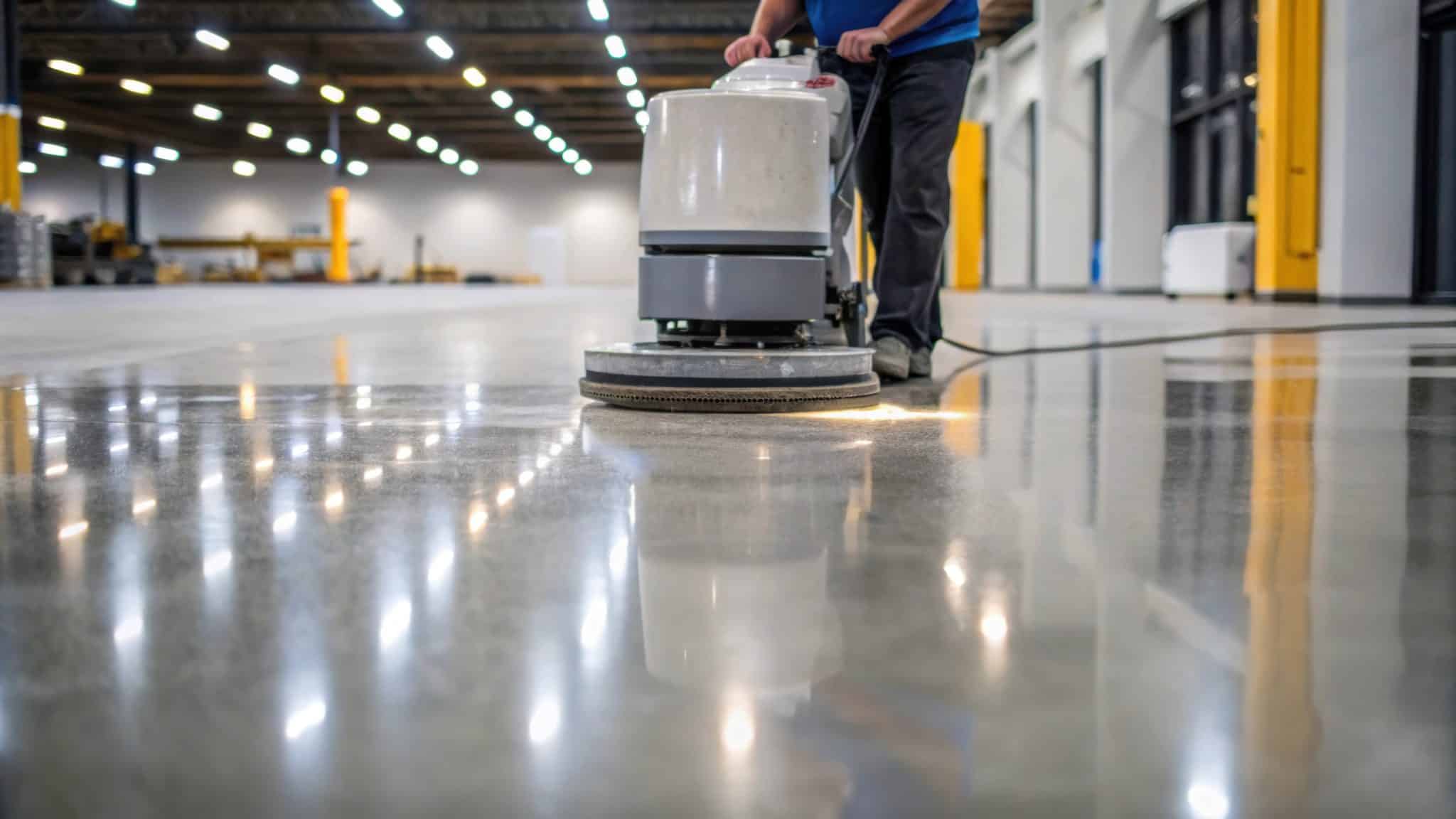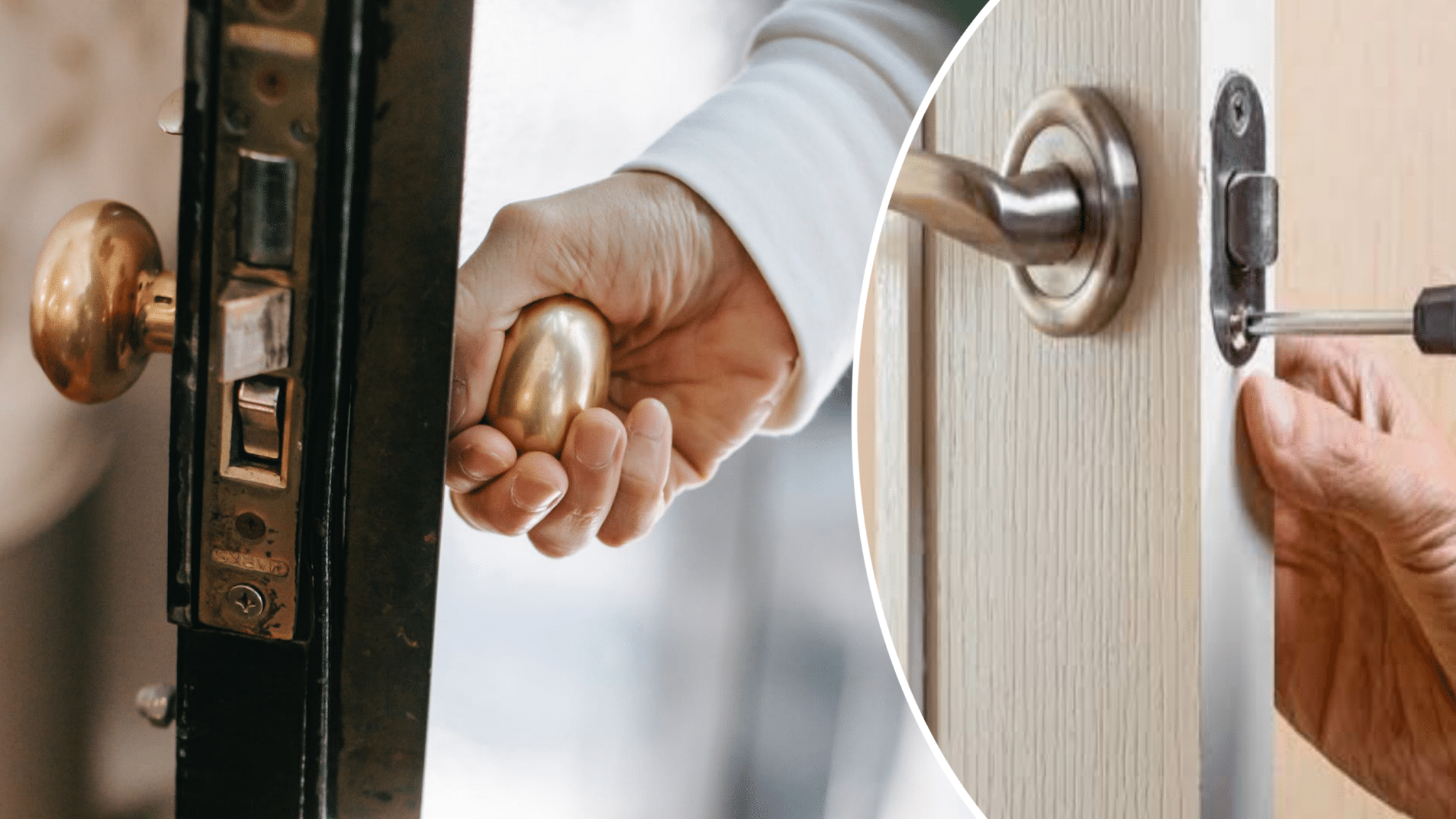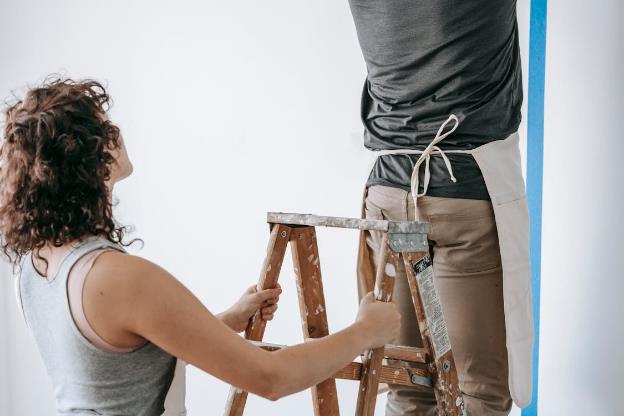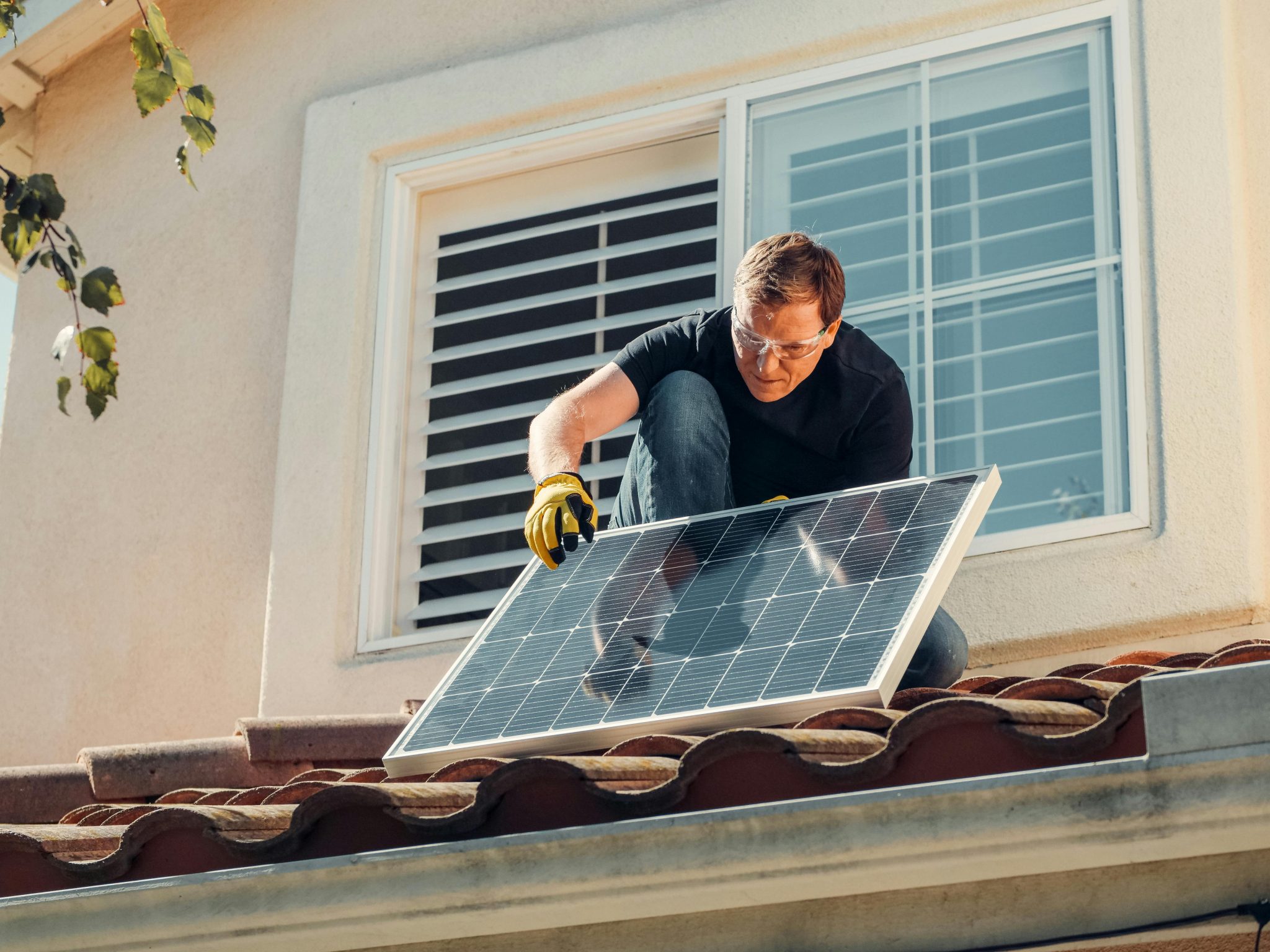Understanding the Cost of House Extension: A Budgeting Guide
When the walls of your home start feeling too close, expanding your living space becomes a great option.
Many homeowners choose to add extensions rather than move to a new house, allowing them to gain extra room while staying in a familiar neighborhood.
This guide examines house extension costs, which typically range from $21,000 to $100,000 and have a national average of about $48,860.
We’ll break down the key factors that affect pricing—from size and materials to location and permits—to help you build a realistic budget for your project.
By understanding these elements in advance, you can make smart decisions about your home improvement plan and avoid costly surprises.
Factors Affecting the Cost of a House Extension
House extensions are significant investments that can add valuable space to your home.
This overview examines the key elements that influence extension costs, helping homeowners develop realistic budgets and make informed decisions when planning their projects.
By understanding these cost factors, you can better prepare for your renovation and avoid unexpected expenses.
House Extension Cost Breakdown
| Factor | Description | Cost Range |
|---|---|---|
| Size and Scope | Small extension (10×10 room) | $12,500 – $25,000 |
| Large extension (1000 sq ft) | $125,000 – $250,000 | |
| Materials | Basic materials and finishes | Lower cost |
| High-end materials and finishes | Higher cost | |
| Labor Costs | Varies by location and contractor experience | Get multiple quotes |
| Location | Rural areas | Generally lower costs |
| Urban areas | Generally higher costs | |
| Permits and Fees | Building permits and inspections | $100 – $3,000+ |
| Site Preparation | Tree removal, ground leveling, cleanup | Varies by property condition |
Types of House Extensions and Their Costs
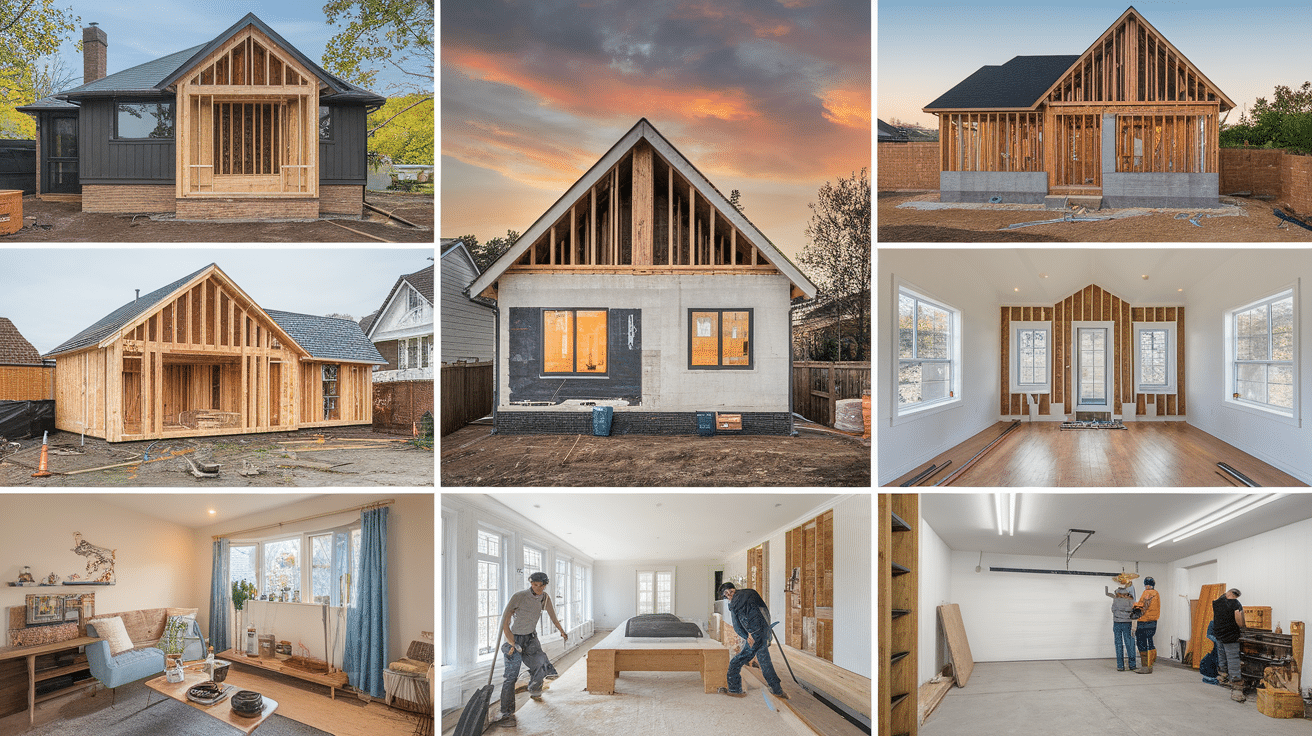
The kind of extension you choose will greatly impact your budget.
Each style of addiction comes with its own set of costs and benefits based on how it changes your home’s structure and function.
House extensions are significant investments that add valuable space to your home.
From small room additions to master suite extensions, costs vary based on size and functionality. Material quality, labor rates- higher in urban areas, permit fees, and design complexity all impact your budget.
Converting existing spaces like basements or garages is typically more economical than building new additions.
Understanding these factors helps you prepare a realistic budget and avoid unexpected expenses during your renovation project.
| Type of Extension | Size | Cost Range |
|---|---|---|
| Small Room Addition | 10×10 (100 sq ft) | $12,500 – $25,000 |
| Larger Room Addition | 20×20 (400 sq ft) | $50,000 – $100,000 |
| Same-Level Extension | Varies | $25,000 – $150,000+ |
| Master Suite Addition | ~400 sq ft | $80,000 – $200,000 |
| Garage Conversion | Varies | Starting at $20,000 |
| Basement Conversion | Varies | Varies |
| Loft Conversion | Varies | Varies |
Note: These prices reflect national averages and may vary significantly by location, materials used, and specific project requirements.
Popular Additions and Their Average Costs
Different types of rooms have varying costs because of their specific needs and features.
Here’s what you can expect to pay for the most common home additions.
Bedroom Additions
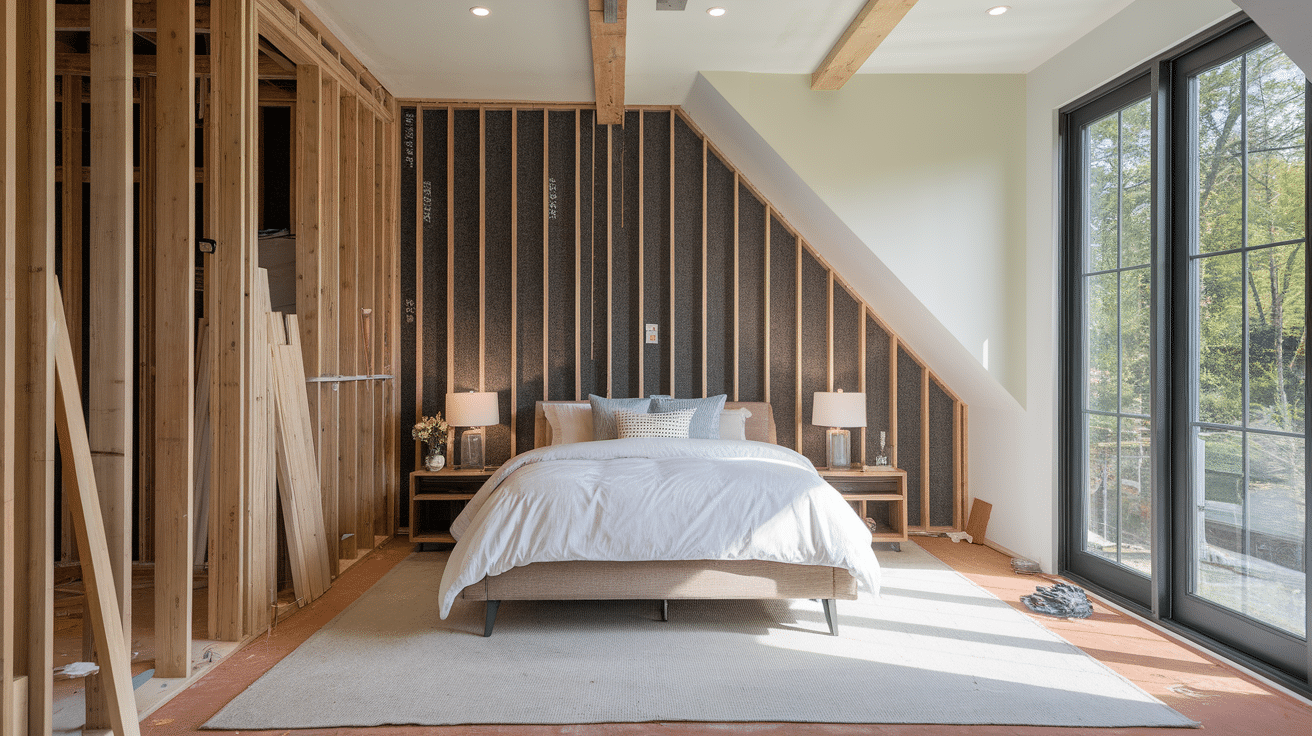
Adding a basic bedroom typically costs between $25,000 and $50,000.
The price includes foundation work, framing, drywall, flooring, paint, lighting, and heating/cooling connections.
A simple bedroom requires fewer special features than other room types, making it one of the more straightforward additions.
Costs rise if you add walk-in closets or custom storage solutions.
Bathroom Additions
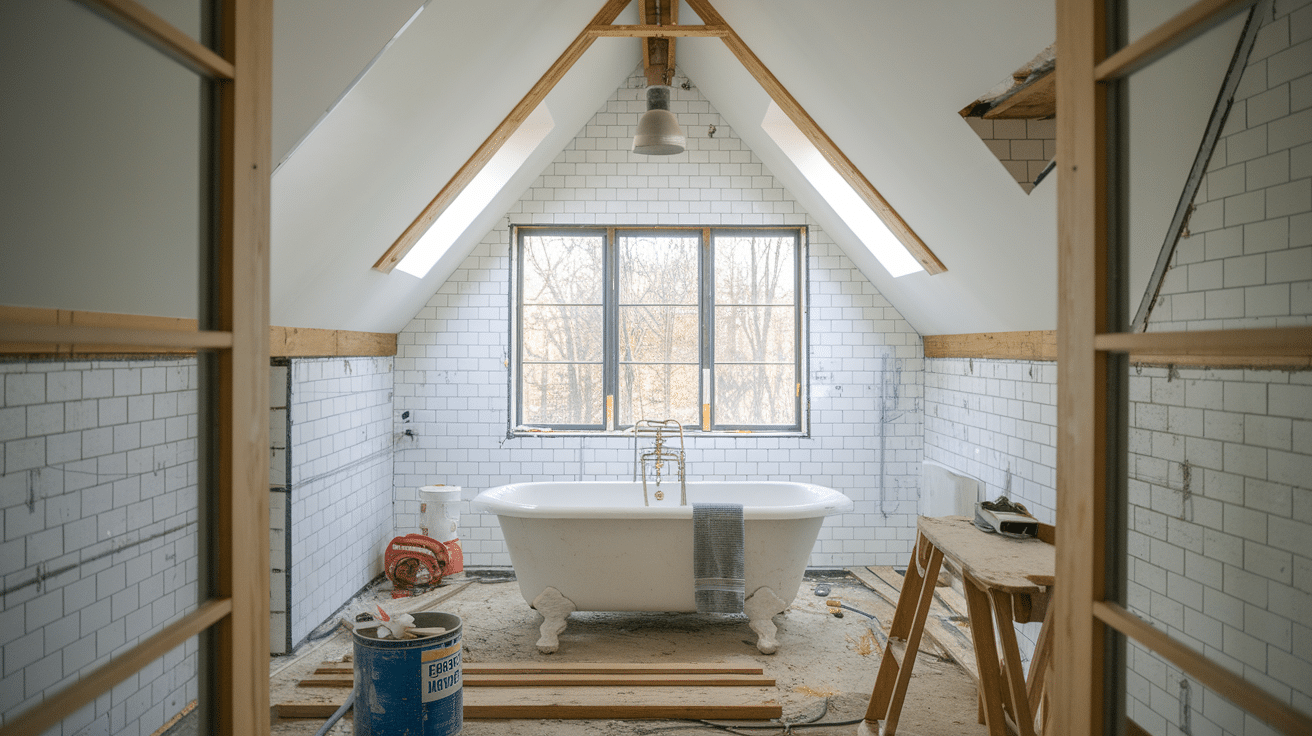
Bathroom additions usually range from $40,000 to $100,000.
This higher cost reflects the need for plumbing work, waterproofing, specialized fixtures, and ventilation.
A half-bath (toilet and sink only) falls on the lower end of the range, while a full bathroom with a shower or tub costs significantly more.
The price also increases with higher-quality tiles, fixtures, and features like heated floors or custom showers.
Kitchen Extensions
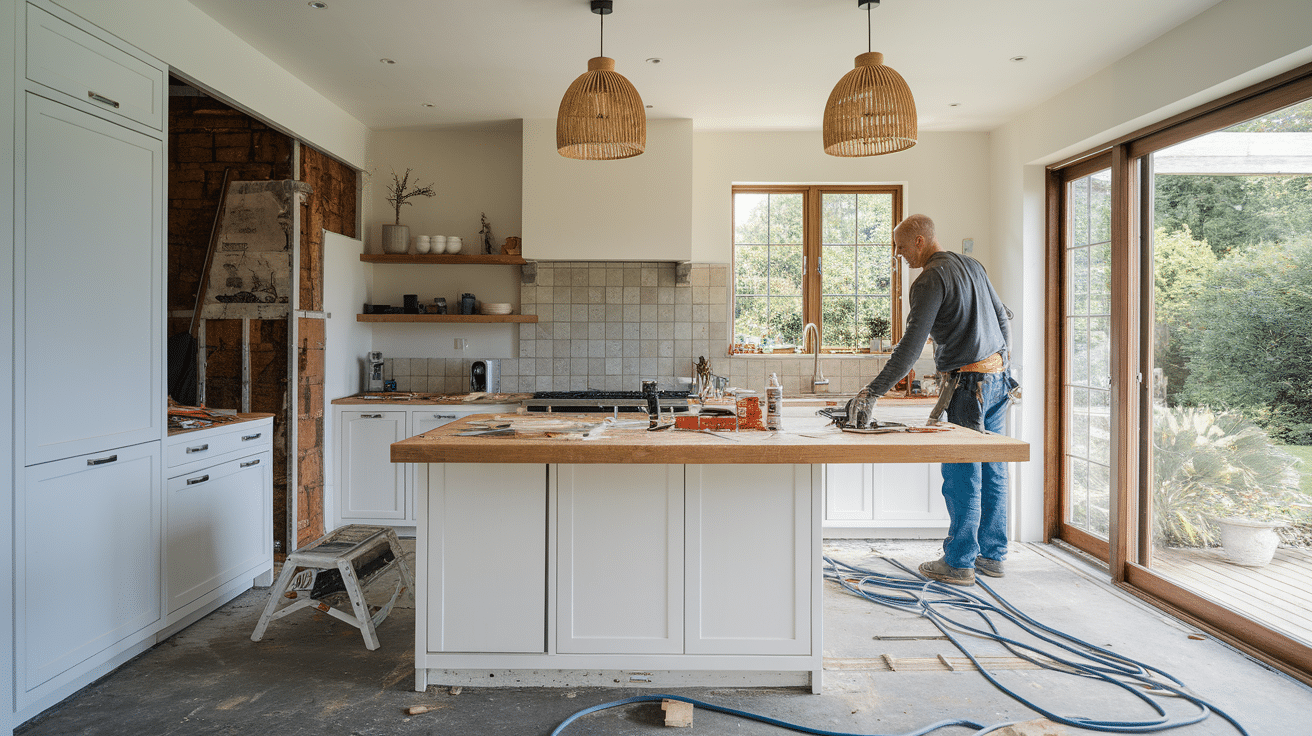
Kitchen extensions are among the most expensive additions, typically costing between $65,000 and $150,000.
This high price stems from the need for plumbing, electrical work, cabinetry, countertops, and appliances.
Even a modest kitchen extension requires significant infrastructure.
The final cost depends heavily on the appliances and materials you select.
Basic kitchens with standard appliances and laminate countertops cost far less than gourmet kitchens with high-end appliances and stone countertops.
Tips for Budgeting and Saving on House Extension Costs
Keeping your house extension affordable doesn’t mean cutting corners on quality.
With smart planning and careful choices, you can manage costs while still getting the space you want.
Get Multiple Quotes
Always collect estimates from at least three different contractors.
This helps you spot outliers in pricing and understand the fair market value for your project.
When comparing quotes, make sure each contractor is bidding on the same specifications so you can make accurate comparisons.
Ask detailed questions about what is and isn’t included in each estimate to avoid surprises later.
DIY Tasks
Taking on certain jobs yourself can lower your overall costs.
Consider handling simpler tasks like:
- Interior painting
- Basic landscaping after construction
- Installing simple fixtures
- Cleanup work
Just be honest about your skill level—attempting complex work without proper knowledge could lead to costly mistakes that professionals will need to fix.
Choosing Materials Wisely
Smart material choices can save thousands without affecting quality.
- Look for sales or clearance items for fixtures and finishes
- Consider alternative materials that mimic expensive options (like vinyl plank flooring instead of hardwood)
- Use standard sizes for windows and doors to avoid custom pricing
- Shop at building supply outlets or reuse stores for discounted materials
Budgeting for Unexpected Costs
Always set aside 10-20% of your total budget for surprises. Construction projects often uncover hidden issues once walls are opened or foundations are dug.
These might include electrical wiring that needs updating, plumbing repairs, foundation issues, water damage or mold.
This buffer ensures you won’t need to halt construction or compromise on important elements if problems arise.
Regional Cost Variations
Where you live plays a major role in determining the cost of your house extension.
Building expenses can differ greatly from one state to another and even between cities in the same state.
Suburban vs. Urban Areas
City construction typically costs 15-20% more than the same project in suburban or rural settings due to higher labor rates, more complex permitting processes, and logistical challenges like limited workspace and parking.
Regional Challenges
The cost of extending your house can differ greatly depending on where you live.
Each area presents unique obstacles that can affect your budget, timeline, and building methods.
Understanding these local factors helps you plan better and avoid costly surprises.
Local factors that can impact your extension costs include:
- Building Codes: Some regions have stricter building codes that require additional features or materials, increasing overall costs.
- Weather Conditions: Areas with extreme weather may need special construction methods, better insulation, or stronger foundations.
- Labor Markets: Places with construction worker shortages typically have higher labor rates.
- Permit Fees: These can vary widely, from a few hundred dollars in some rural areas to thousands in major cities.
- Local Material Availability: Regions where certain materials must be shipped in from far away face higher transportation costs.
Before planning your extension, it’s worth researching typical costs in your specific location to set a realistic budget that accounts for these regional factors.
Financing Your House Extension
Most homeowners don’t have enough cash saved to pay for a major house extension outright, making financing an important part of the planning process.
Several options exist for funding your house extension:
1. Home Equity Loans
These allow you to borrow against the equity in your home, typically with fixed interest rates and terms between 5-30 years. Current rates usually range from 5-8%, depending on your credit score.
2. Home Equity Lines of Credit (HELOCs)
These work like credit cards against your home equity, with variable interest rates. They offer flexibility but come with the risk of rate increases over time.
3. Cash-Out Refinancing
This involves replacing your current mortgage with a larger one and taking the difference in cash. This may make sense if current interest rates are lower than your existing mortgage rate.
4. Personal Loans
For smaller extensions, personal loans might work, though they typically carry higher interest rates than home-secured options.
5. Construction Loans
These specialized loans are designed specifically for building projects but often require more paperwork and oversight.
Remember to factor the cost of interest into your total project budget.
A $50,000 extension, financed over 15 years, could cost an additional $20,000+ in interest payments.
ROI on Home Extensions
Adding space to your home isn’t just about getting more room to live in—it’s also a financial decision.
Understanding the potential return on investment can help you make smarter choices about which type of extension will give you the most value for your money.
Not all extensions offer the same return on investment when you sell your home:
- According to the source data, homeowners typically recoup about 50-85% of extension costs in increased home value, depending on the type of addition and local market conditions.
- Kitchen and bathroom additions often provide the best returns, while highly specialized rooms (like home theaters) may return less.
- Master suite additions typically return about 55-65% of their cost.
- Location matters—extensions in hot real estate markets tend to see better returns than those in slower markets.
Beyond financial returns, also consider the value of improved living quality during your stay in the home.
The right extension can significantly enhance your daily life, which may be worth the investment even if you don’t recoup the full cost when selling.
Legal and Code Considerations
Before breaking ground on your house extension, you need to understand the legal aspects that could impact your project.
Failing to address these requirements early can lead to costly delays, fines, or even having to undo completed work.
Permits and Zoning Laws
Building codes and zoning rules vary greatly by location. These regulations determine what you can and cannot do with your property.
- Check with your local building department about the required permits
- Understand setback requirements that dictate how close you can build to property lines
- Research height restrictions that might limit your plans
Hiring a Professional Architect
Working with qualified professionals ensures your extension meets all legal requirements while maximizing your investment.
Architects help navigate complex building codes. They can submit proper documentation to local authorities. Professional plans also increase the chances of permit approval on the first try.
Conclusion
House extensions represent big investments but can greatly improve your living space and home value when done right.
Start by understanding all cost factors, getting multiple detailed quotes, and planning for extra expenses.
Remember that location strongly affects prices, so research costs are specific to your area.
Consider which financing option makes the most sense for your situation, and don’t rush the planning phase.
While this guide provides general cost ranges, working with local building professionals will give you the most accurate estimates for your specific project.
With careful planning and realistic budgeting, your house extension can become a valuable addition to your home.

